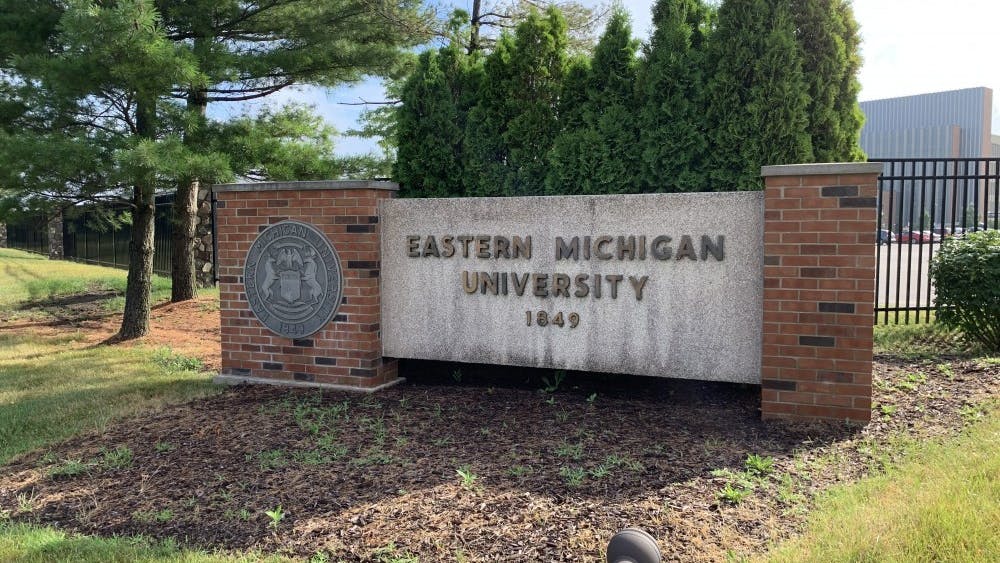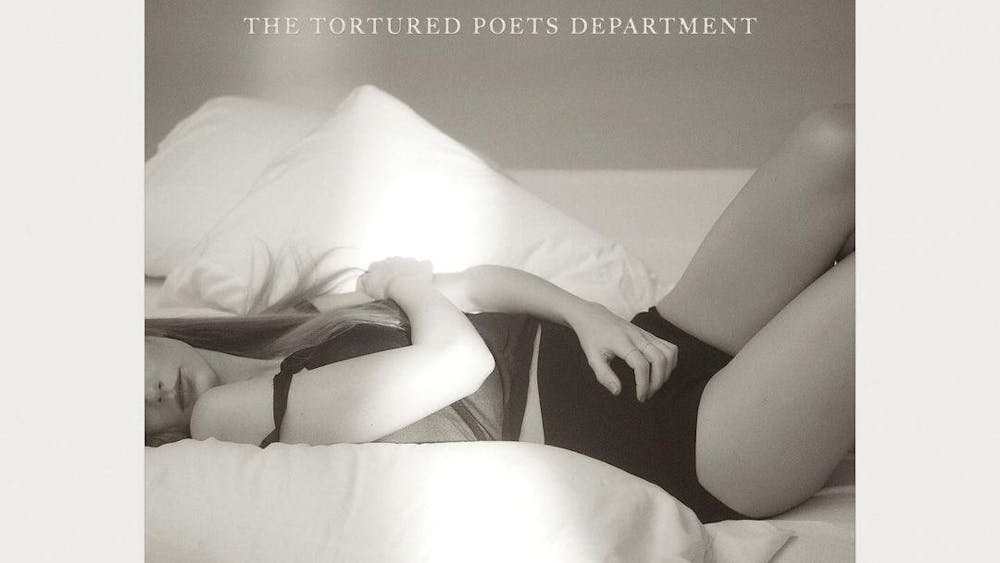This month, New York State Supreme Court Judge Milton Tingling overturned the law that banned the sale of large drinks in New York.
The law was passed in September 2012 and declared that as of March 12, fast food and other restaurants were no longer allowed to sell sugary drinks, including soda, larger than 16 ounces. If food-service establishments ignored this law, they could have been fined up to $200.
“Regardless of the legalities surrounding the legislation, I feel as though the obesity concerns are well founded but that the law is not the right way to address the public health concern,” said Eastern Michigan University nursing student Keith McArthur.
Many groups, including the American Beverage Association, sued the state of New York because of the ban.
“The court expressed concern about the administrative agency having virtually limitless authority,” Tingling wrote in the official ruling. “This court agrees that the regulation herein takes the issue to new heights. To accept the respondents’ interpretation of the authority granted to the Board by the New York City Charter would leave its authority to define, create, mandate and enforce limited only by its own imagination.”
The mayor of New York City, Michael Bloomberg, said in a statement, “We strongly believe that in the end the courts will recognize the Board of Health’s authority to regulate the sale of beverages that have virtually no nutritional value and which, consumed in large quantities, are leading to disease and death for thousands of people every year.”
“While it may be our choice how much soda we drink, it is not always the wisest choice,” said EMU sophomore Patrick Ehrmann.
“This law, while it may be perceived as protection, could also be seen as infringement on our rights as Americans,” EMU senior Melissa Hoak said. “Though I think limiting soda intake and sale would be beneficial, it could open a dangerous door. What limitations will be enforced next by the government?”








